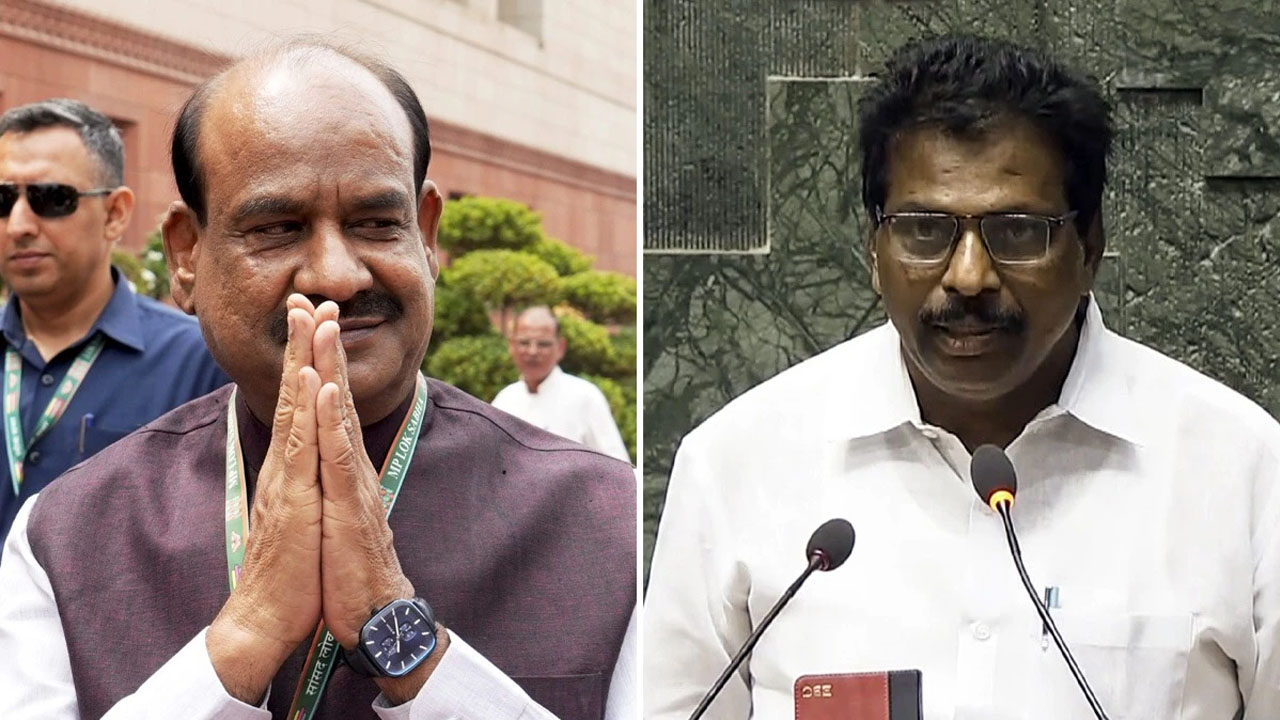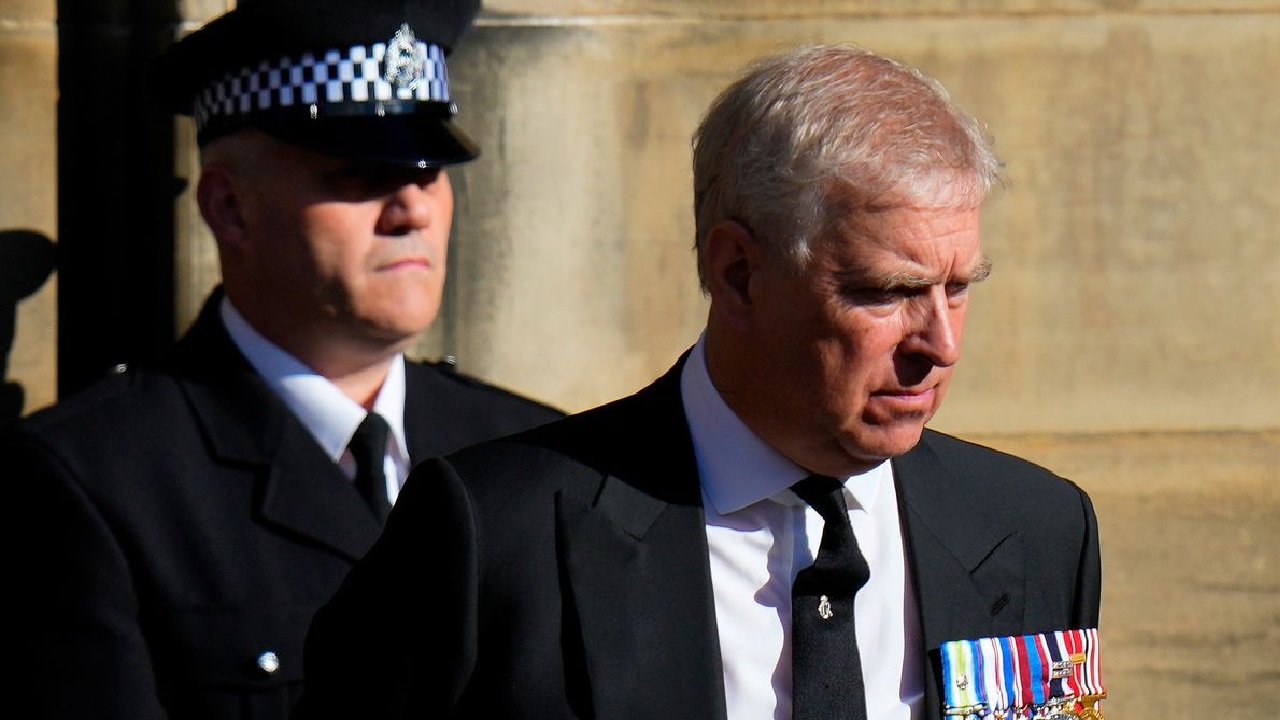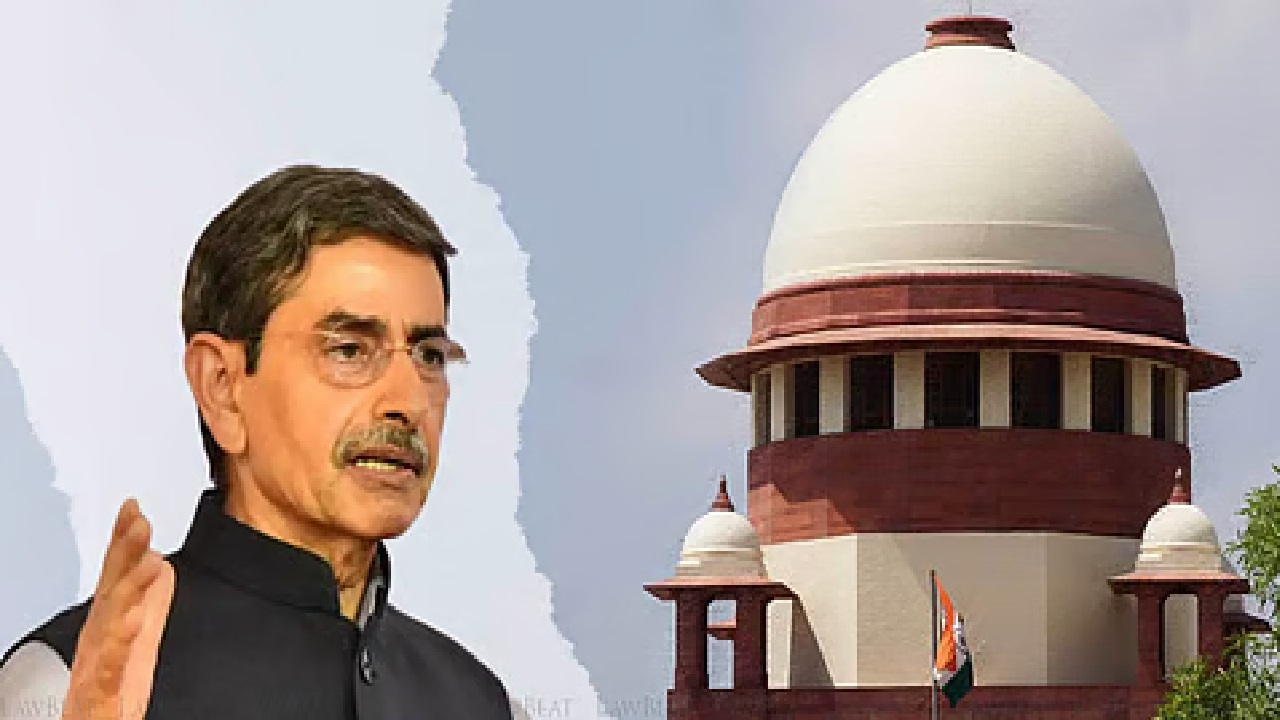As the 18th Lok Sabha commences, a significant and rare political event is set to unfold — the election for the Speaker’s post, which will see a face-off between Om Birla of the BJP-led National Democratic Alliance (NDA) and Kodikunnil Suresh of the INDI Alliance. This unusual election breaks with recent tradition, where the Speaker has typically been chosen unopposed. The contest underscores the evolving political dynamics in India and the crucial role of the Speaker in maintaining the parliamentary process.
Importance of the Speaker’s Role:
The Speaker of the Lok Sabha is a pivotal figure in India’s parliamentary democracy, responsible for presiding over the sessions of the House, maintaining order, and ensuring the proper conduct of debates. The Speaker’s election is governed by Article 93 of the Constitution, with members of the House casting their votes in a secret ballot. While there are no specific criteria for the role, seniority, impartiality, and parliamentary experience are often key considerations.
Historical Context and Previous Speakers:
Historically, the election of the Speaker has been a largely ceremonial process with the ruling party’s candidate being elected without opposition. In the 16th and 17th Lok Sabha, Sumitra Mahajan and Om Birla, both from the BJP, assumed the role unopposed. The last contested election for Speaker was in 1976 when Bali Ram Bhagat was elected with 344 votes against Jagannath Rao’s 58. Pre-Independence, Speaker elections were more common, such as the 1925 election where Vitthalbhai J. Patel of the Swaraj Party was elected against T. Rangachariar.
Reasons Behind This Year’s Election:
This year, the election is being contested due to a breakdown in the conventional practice where the Speaker’s role is typically held by a member of the ruling party, and the Deputy Speaker’s role by a member of the opposition. The INDI Alliance, having been denied the Deputy Speaker’s post in previous Lok Sabhas, has put forth K. Suresh’s candidacy to challenge Om Birla. Suresh, an eight-term MP, has emphasized the opposition’s right to the Deputy Speaker’s role, a demand fueled by the opposition’s increased strength in the House.
Opposition’s Stand and NDA’s Response:
The opposition has taken a firm stance, demanding a commitment from the government to allocate the Deputy Speaker’s post to them. Defence Minister Rajnath Singh reached out to Congress leader Mallikarjun Kharge to garner support for Om Birla, but the Congress remains insistent on securing the Deputy Speaker’s role. Rahul Gandhi has indicated willingness to support the NDA’s candidate if the government follows parliamentary convention.
NDA’s Position on the Speaker and Deputy Speaker:
NDA leaders, including Piyush Goyal and Parliamentary Affairs Minister Kiren Rijiju, argue that the Speaker and Deputy Speaker roles serve the entire House and should not be allocated based on party lines. They have criticized the opposition’s demands as setting a dangerous precedent, asserting that the Speaker should be elected by unanimous consent and without conditions tied to the Deputy Speaker’s post.
Previous Parliamentary Practices:
During the United Progressive Alliance (UPA) regime, the Deputy Speaker’s role was given to the NDA for 10 years, reinforcing the traditional allocation of this position to the opposition. The current opposition cites this as a precedent that should be followed, emphasizing the need for fair representation and balance in parliamentary roles.
Implications of the Speaker Election:
This election is not merely about selecting a parliamentary official but is indicative of the broader political contest and the dynamics between the ruling party and the opposition. It represents a critical test of India’s democratic processes and the commitment of both sides to uphold the principles of a functional and fair parliamentary system.
The contest for the Speaker’s post between Om Birla and K. Suresh is a landmark event in India’s parliamentary history, highlighting the importance of maintaining democratic norms and fair representation in the legislative process. As the election unfolds, it will be a defining moment for the 18th Lok Sabha, setting the tone for future parliamentary conduct and the balance of power within India’s democracy.
(With inputs from agencies)








